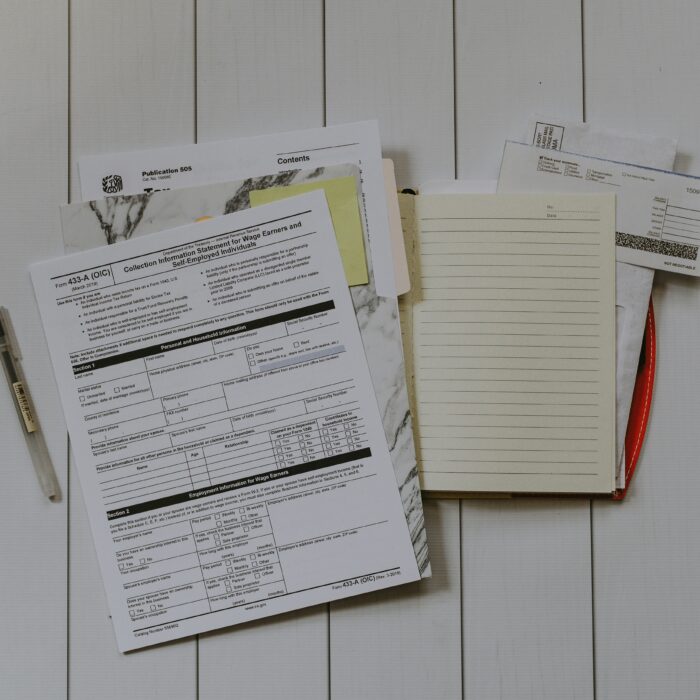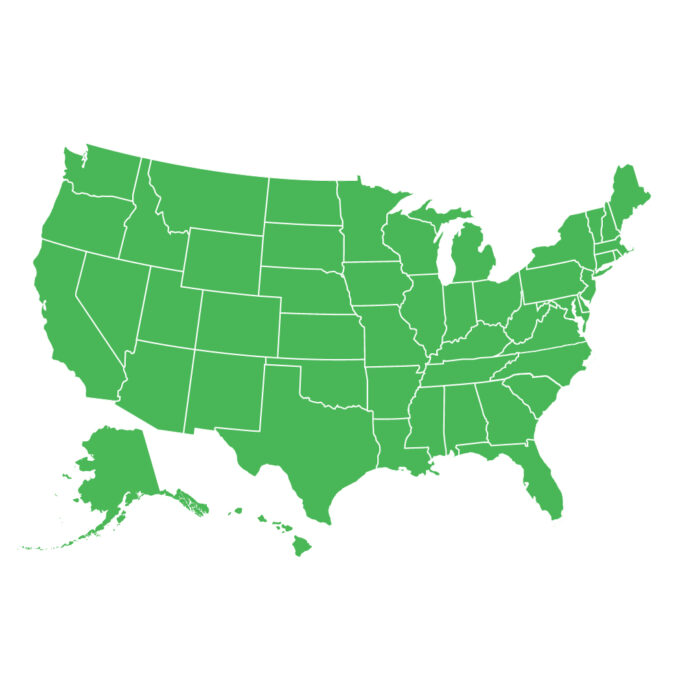How to handle marketplace facilitator laws & economic nexus
by January 30, 2025
A marketplace facilitator is an online marketplace that lists, collects payment, and/or fulfills orders on behalf of a third-party seller. Online marketplaces like Walmart, Etsy and eBay are considered marketplace facilitators.
Every state with a state sales tax also has legislation that requires marketplace facilitators to collect and remit sales tax on behalf of their third-party sellers’ transactions. These laws benefit the states because they can collect more sales tax from fewer entities, which results in simpler compliance for the states. For sellers, the benefit lies in having sales tax for certain transactions handled by the facilitator.
The Supreme Court case South Dakota v. Wayfair added a new layer of complexity to marketplace facilitator laws and has left many business owners wondering what they should do to stay in compliance with all of nuances of sales tax laws.
Keep track of your economic nexus thresholds
It can be tempting for a seller to ignore sales tax and assume the marketplace facilitator is handling everything on your behalf. This is a dangerous position for a seller, as with increased sales and growth, you could find yourself in hot water with the state. As the business owner, you should always keep track of your economic activity across every channel where you sell. Your marketplace is only tracking sales from their own platform and not the rest of your business, so you could be meeting the economic nexus thresholds when you look across your entire business and not realize it.
There are two things to remember about economic nexus.
- The states will set the thresholds for economic nexus. That threshold could be a dollar amount and/or a number of transactions shipped to consumers within that state.
- If you have a marketplace facilitator collecting and remitting sales tax on your behalf in a state, you now have an economic activity there. Depending on the volume of sales and your transaction amounts, you may have economic nexus too. And nexus through one platform or sales channel means you now have nexus through all of your platforms or sales channels with that state. It’s not specific to a single channel.
Let’s say you run an online business that sells products on Amazon. Since Amazon is a marketplace facilitator, it has taken on the job of collecting and remitting sales tax for you in the state of Washington. You’ve now got economic nexus in Washington and that nexus means that you have to collect sales tax for all of your sales transactions in Washington. So, while Amazon is facilitating your sales tax on the sales through its platform, if you happen to make some sales to customers in Washington on your Shopify website, you’re responsible for collecting sales tax on those transactions.
Maintain your sales tax license
Many sellers see the passing of a marketplace facilitator law as a chance to let their other sales tax licenses lapse. And why wouldn’t you think that way? If you only sell through Etsy and Etsy is going to collect sales tax on your behalf, you don’t need to deal with the state anymore, right?
Wrong.
Not all states have marketplace facilitator legislation, so if you have physical or economic nexus in states outside of the marketplace facilitator states, then it’s still your responsibility to remain compliant in those states. This is especially true for your home state where you have physical nexus.
If we stay with the Etsy example, because Etsy only has an obligation to these few states, they will only facilitate sales tax with consumers in Washington, Pennsylvania, Minnesota, and Oklahoma. You still need sales tax licenses for any other states you might have a physical or economic nexus in and you still need to continue to collect, report & remit wherever you have nexus.
Again, you still need to need to collect sales tax on sales not made through that facilitator. So, if you happen to sell an item to an Oklahoma buyer from your Shopify website or through social media instead of Etsy, you’re responsible for collecting tax on that transaction. And wherever you collect sales tax, you always need a valid sales tax permit or resale certificate in order to do so.
Keep filing returns
Marketplace facilitators may take on the responsibility of filing returns on those transactions but that doesn’t automatically mean the business owners are completely off the hook. First, many states have additional processes that are still required.
For example, Washington has a business and occupation (B&O) tax that requires businesses to file a return based on their gross receipts for items manufactured or sold within the state. Even if a marketplace facilitator is handling all of your sales tax obligations, you would still have B&O obligations for the state of Washington. Note: If you use TaxJar AutoFile, we’ll automatically file your B&O returns for you.
Remember when we said it’s best to hold onto your sales tax license for that state? If it happens that your only nexus is in the state that your facilitator collects for you and all of your sales were through that platform, you might end up not having any eligible transactions to file.
That’s fine but many states require you to still file a zero return. It’s essentially a sales tax return where you report you didn’t collect any tax and you have none to remit. The process is fairly simple but if you choose to skip it, you may end up having to pay frustrating fines or penalties if you forget which nobody likes.
While we know that sales tax can be a headache that most sellers are eager to avoid, it’s important to understand how these marketplace laws apply to your business to ensure that you are staying compliant and avoiding unnecessary sales tax exposure.








